Mind Maps on Networking and Operating Systems Concepts
1/92
There's no tags or description
Looks like no tags are added yet.
Name | Mastery | Learn | Test | Matching | Spaced | Call with Kai |
|---|
No analytics yet
Send a link to your students to track their progress
93 Terms
Distributed Applications
Programs running across multiple hosts for functionality.
Socket API
Interface for communication between applications and OS.
Network Protocols
Rules governing data transmission over networks.
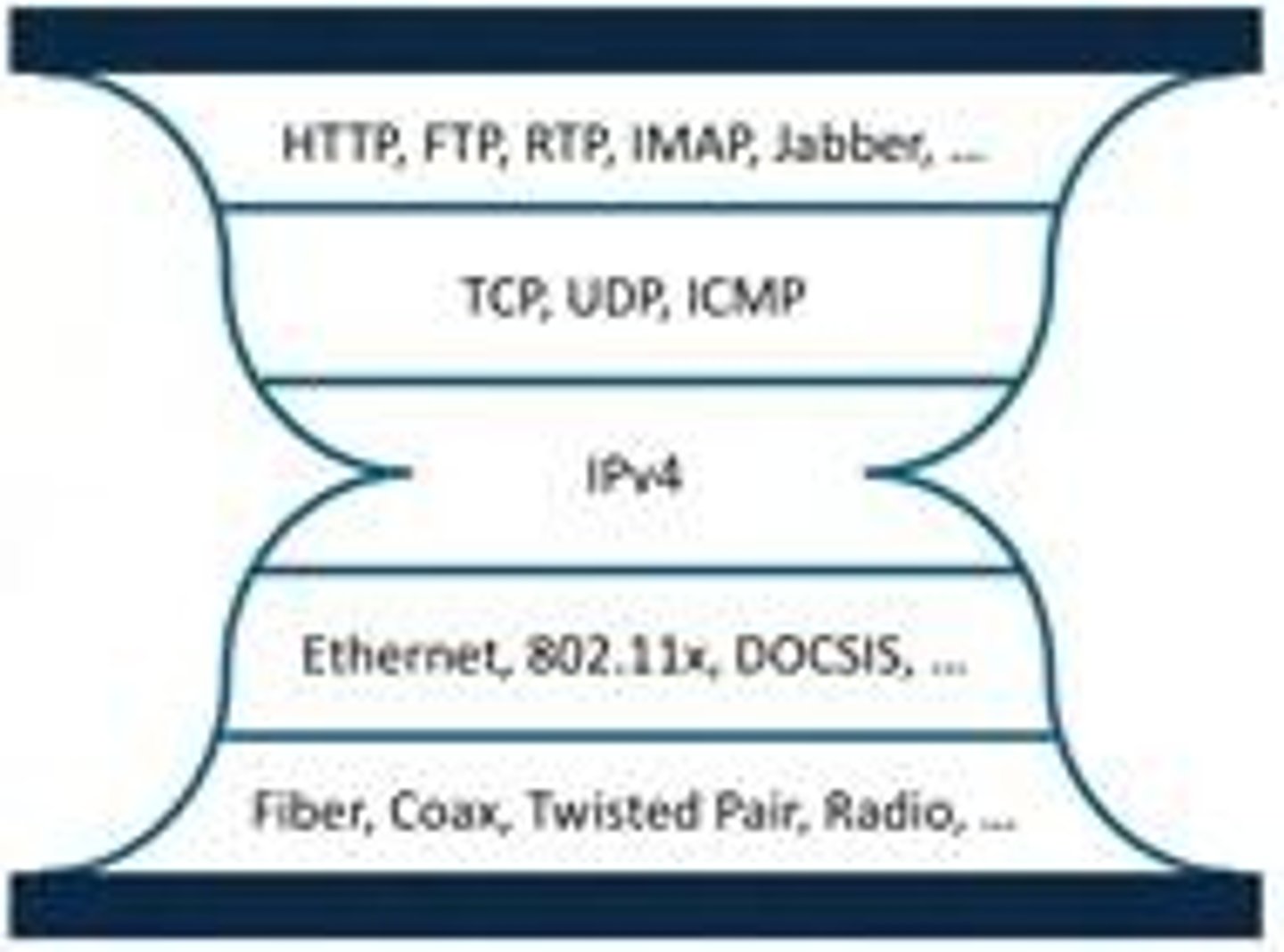
Bandwidth
Maximum data transfer rate of a network connection.
Transmission Delay
Time taken for data to travel across a network.
Queuing Delay
Time packets spend waiting to be transmitted.
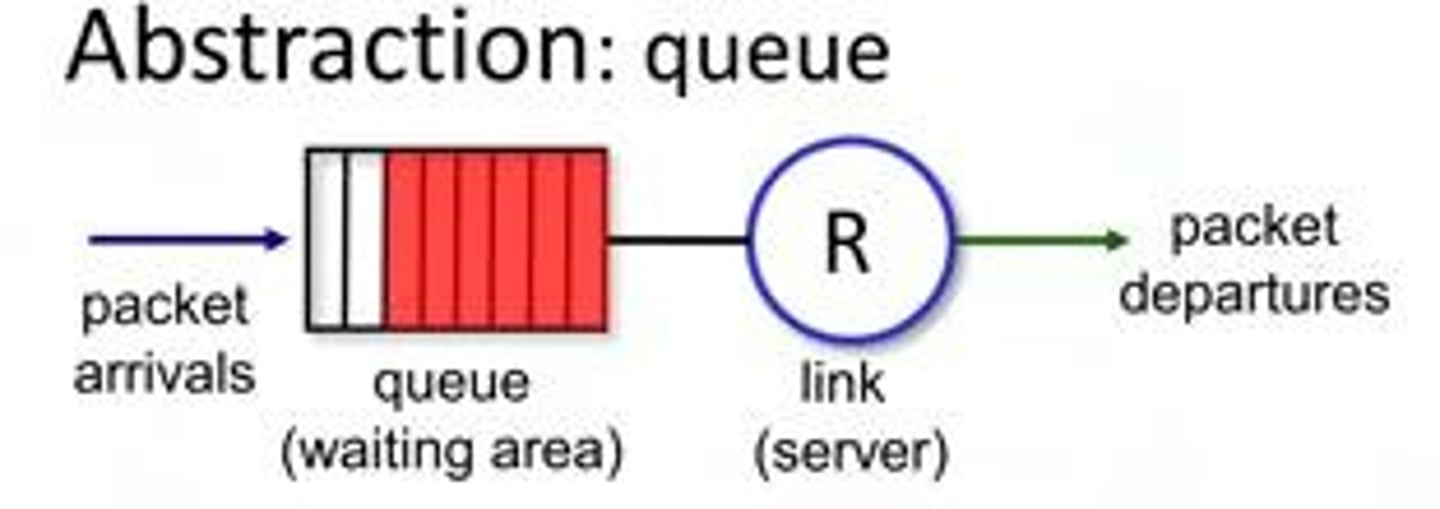
Processing Delay
Time taken to process a packet's header.
Round Trip Time (RTT)
Total time for a packet to travel to destination and back.
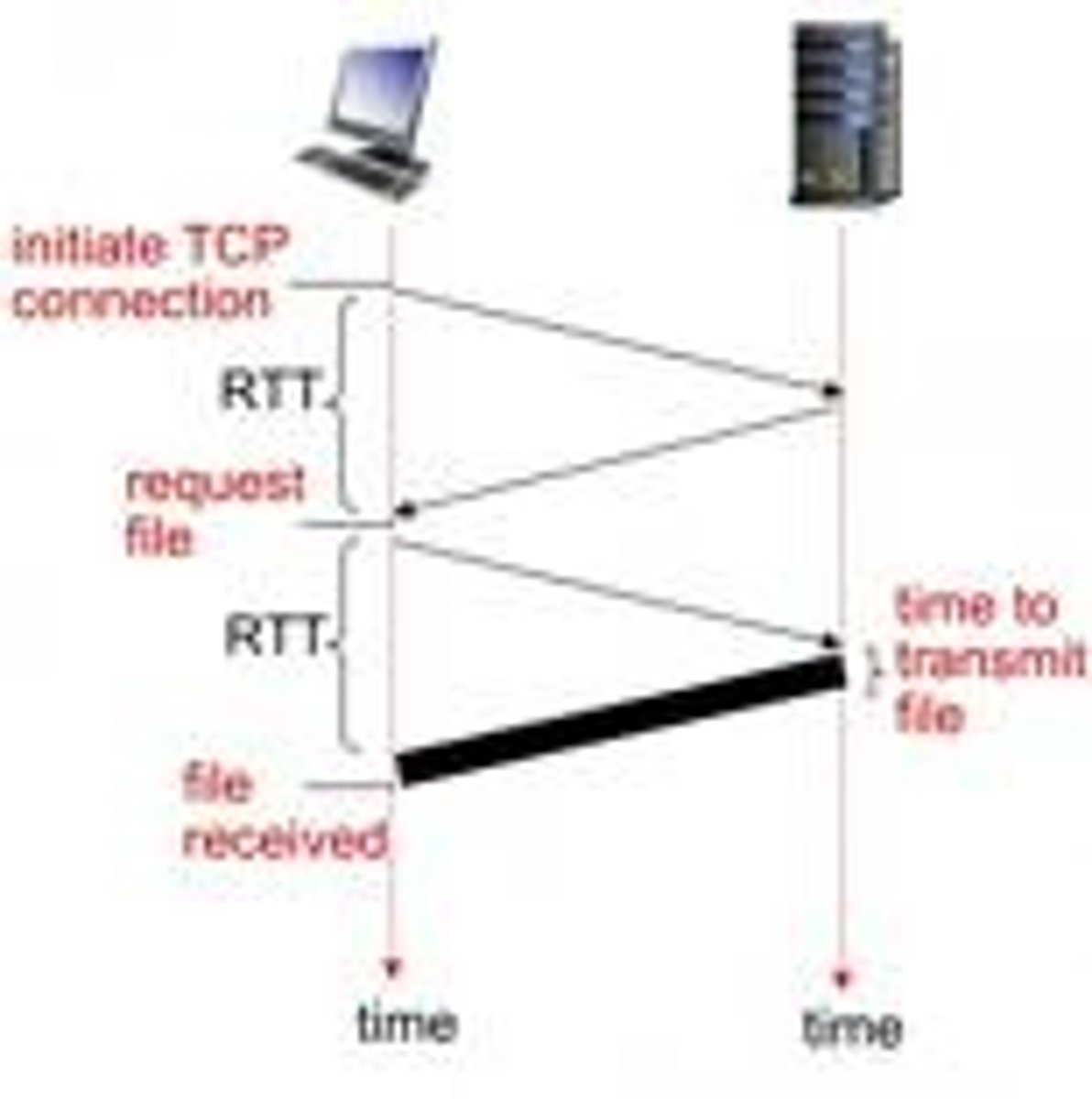
Nodal Delay
Delay at each node in a network path.
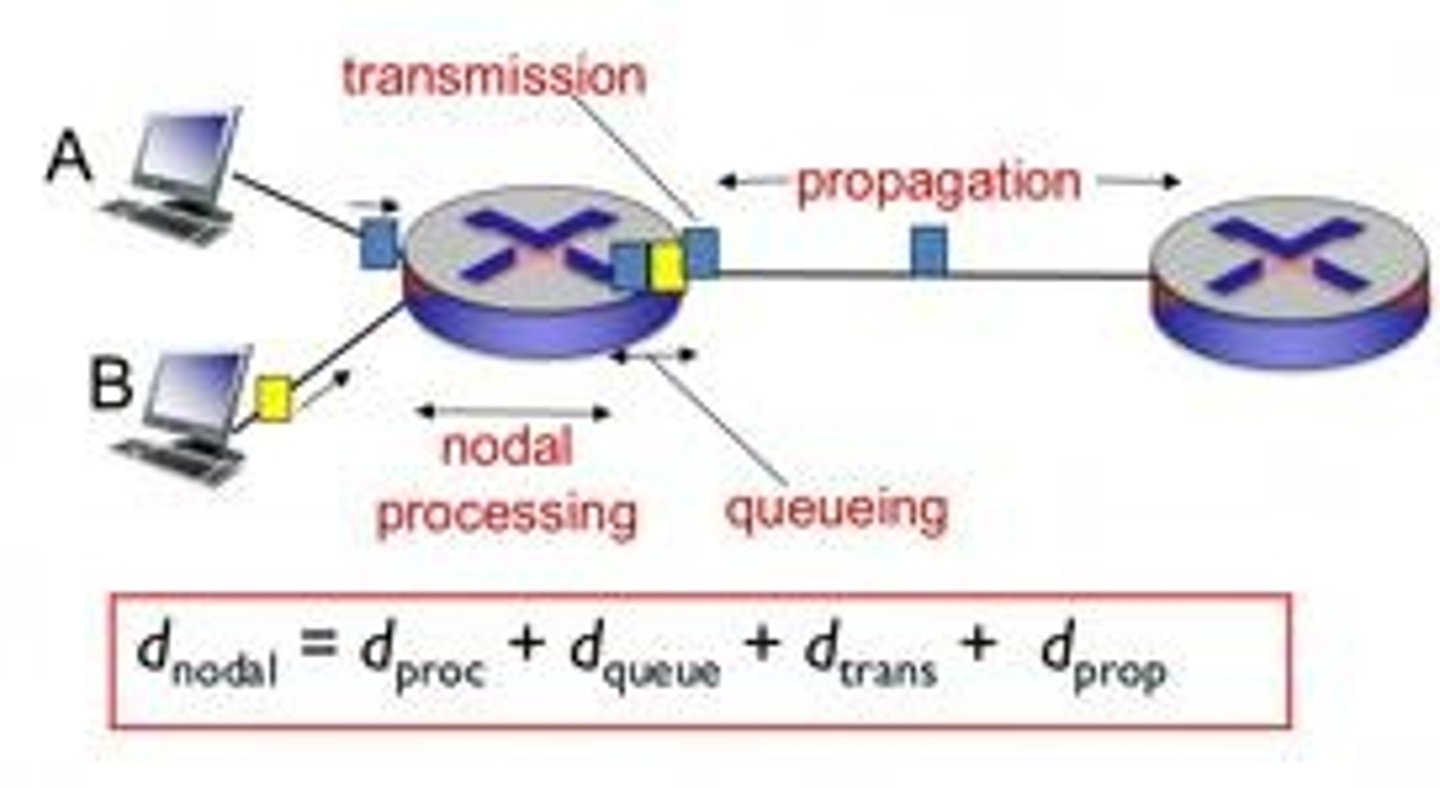
Throughput
Rate of successful message delivery over a communication channel.
Circuit Switching
Dedicated communication path established for duration of transmission.
Packet Switching
Data is sent in packets over shared network paths.
Multithreaded Process
Process that can execute multiple threads simultaneously.
Kernel
Core component of an operating system managing resources.
Preemptive Scheduling
Allocating CPU time slices to processes dynamically.
Application Layer
Layer responsible for user interface and application services.
Transport Layer
Layer providing end-to-end communication services.
Network Layer
Layer responsible for packet forwarding and routing.
Data Link Layer
Layer managing node-to-node data transfer.
Encapsulation
Wrapping data with protocol information at each layer.
Internet Protocol
Protocol for sending data across networks.
Fiber Optic Communication
Transmission of data as light pulses through fiber cables.
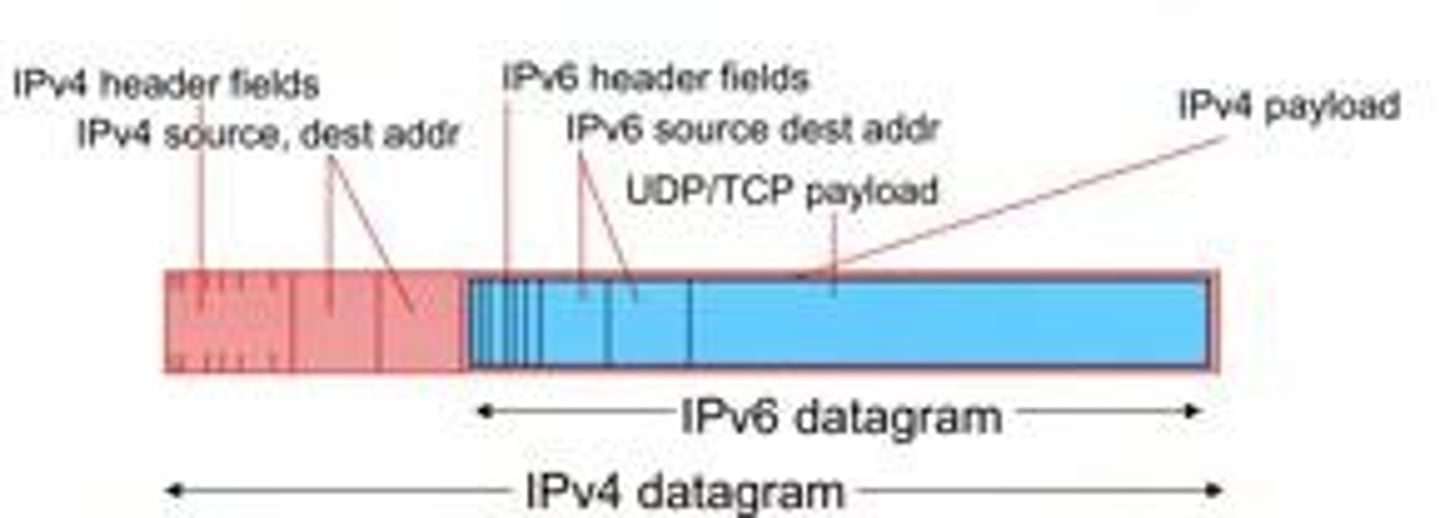
Physical Layer
First layer in the OSI model, transmits raw data.
Internet Protocol
Protocol for routing packets across networks.
Application Layer
Layer where applications interact with network services.
Transport Layer
Ensures reliable data transfer between hosts.
TCP
Transmission Control Protocol, reliable stream-oriented protocol.
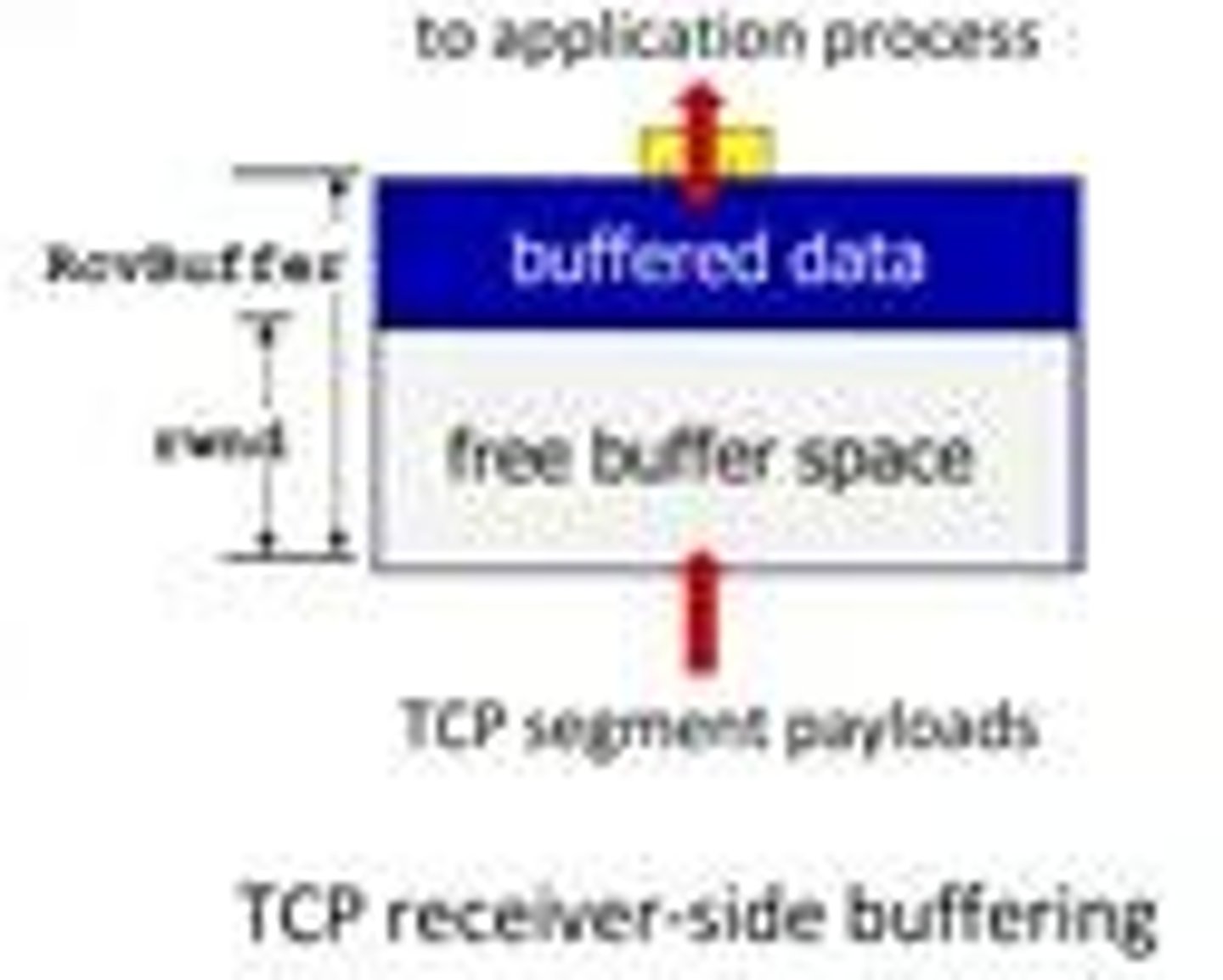
UDP
User Datagram Protocol, connectionless and faster than TCP.
Datagram
Basic unit of data in UDP communication.
Flow Control
Mechanism to prevent sender from overwhelming receiver.
HTTP
HyperText Transfer Protocol, used for web communication.
HTTP Status Codes
Codes indicating the result of HTTP requests.
DNS
Domain Name System, translates domain names to IP addresses.
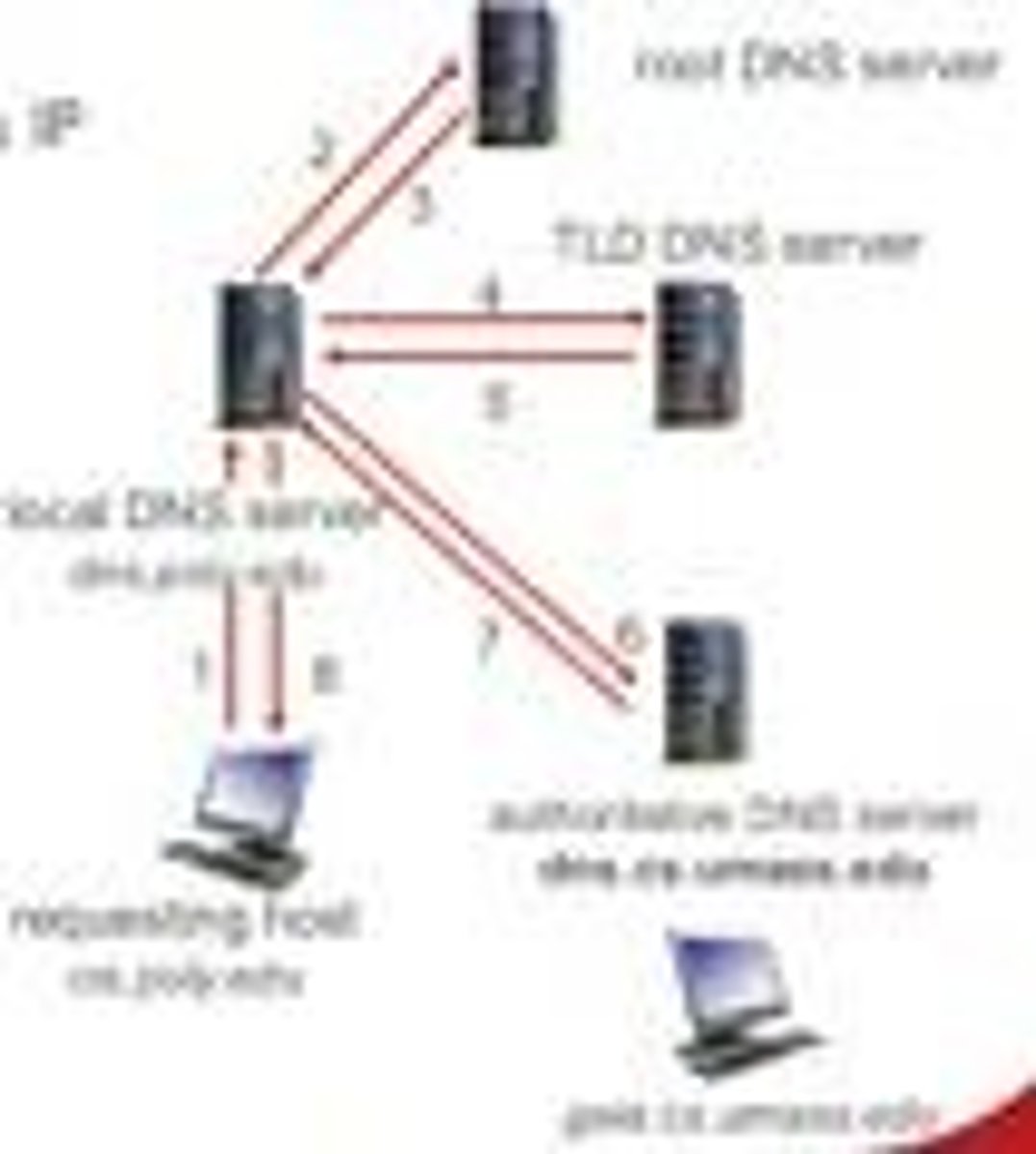
Iterative Query
DNS query where the client queries multiple servers.
Recursive Query
DNS query where the server resolves the name completely.
DNS Records
Data entries in DNS containing information about domains.
Encapsulation
Process of wrapping data with protocol information.
Session Layer
Manages sessions between applications for data exchange.
Presentation Layer
Formats data for the application layer, handles encryption.
Web Caching
Storing copies of web resources to improve access speed.
Conditional GET
HTTP request method to check if cached data is fresh.
Client-Server Architecture
Model where clients request services from centralized servers.
Peer-to-Peer Architecture
Model where each participant can act as both client and server.
Multiplexing
Combining multiple signals into one channel.
Demultiplexing
Separating combined signals back into original channels.
Source IP Address
Unique identifier for a device on a network.
Reliable Communication
Ensuring data is transmitted accurately and completely.
Reliable Data Transfer
Protocols ensuring data integrity over unreliable channels.
RTT (Round Trip Time)
Time taken for a signal to travel to destination and back.
TCP (Transmission Control Protocol)
Protocol for reliable, ordered, and error-checked delivery.
Flow Control
Mechanism to control data transmission rate between sender and receiver.
Congestion Control
Techniques to prevent network congestion and manage traffic.
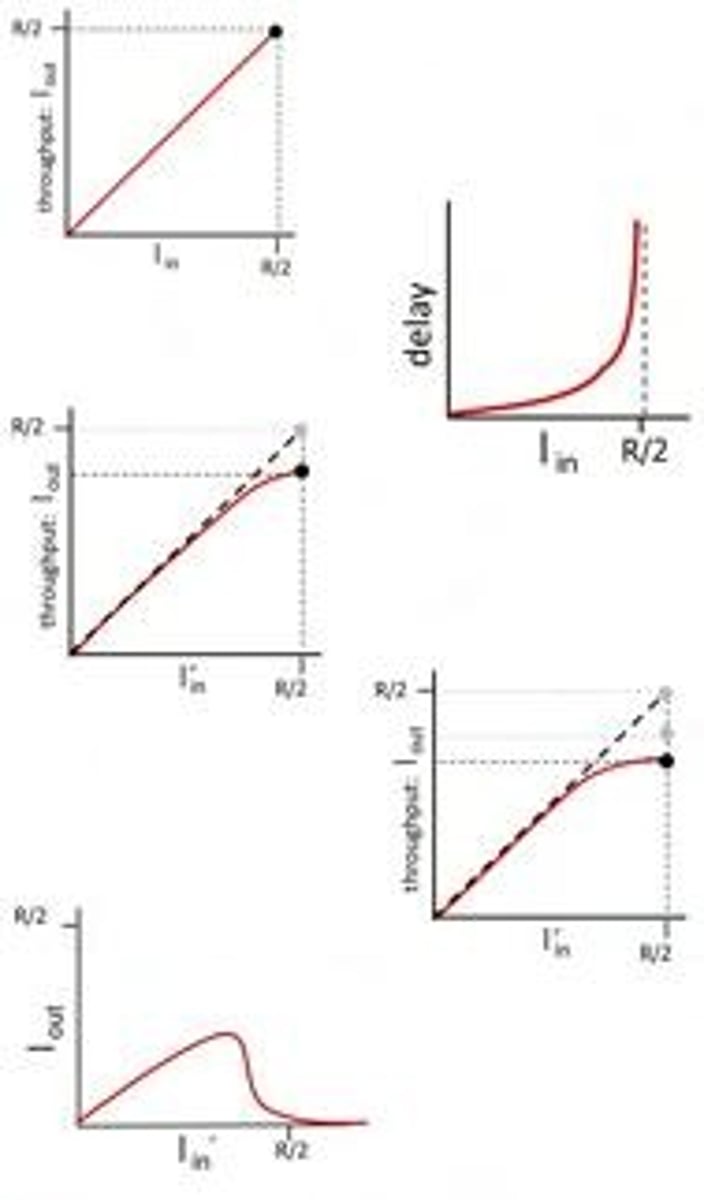
Input Port Queuing
Buffering incoming packets at the router's input port.
Output Port Queuing
Buffering packets waiting to be transmitted from output port.
Longest Prefix Matching
Routing technique to find the best match for IP addresses.
First-Come, First-Served (FCFS)
Scheduling method where packets are processed in arrival order.
Priority Scheduling
Packet scheduling based on priority levels.
Generalized Round Robin
Fair scheduling method distributing time slices among packets.
IP Address
Unique identifier for a device on the Internet.
Subnet
Segment of a larger network, defined by a mask.
Maximum Transmission Unit (MTU)
Largest packet size that can be transmitted over a network.
IPv4
Fourth version of Internet Protocol using 32-bit addresses.
IPv6
Sixth version of Internet Protocol using 128-bit addresses.
DHCP (Dynamic Host Configuration Protocol)
Protocol for dynamically assigning IP addresses to devices.
Dijkstra's Algorithm
Algorithm for finding the shortest paths in a graph.
OSPF (Open Shortest Path First)
Link-state routing protocol for IP networks.
Distance Vector Algorithm
Routing algorithm based on distance and direction to reach destinations.
Distance Vector Algorithm
Routing protocol using distance metrics for paths.
Poisoned Reverse
Technique to prevent routing loops in networks.
BGP
Border Gateway Protocol for inter-domain routing.
Policy Based Routing
Routing decisions based on policies rather than metrics.
Hot Potato Routing
Routing method to minimize latency by offloading traffic.
Path Attributes
Characteristics of BGP routes influencing selection.
Tier 1 ASes
Networks providing global reach without paying for transit.
Tier 2 ASes
Networks that pay for transit to reach Tier 1.
Tier 3 ASes
Local networks relying on Tier 2 for internet access.
Flow Control
Mechanism to manage data transmission rates between nodes.
Error Detection
Techniques to identify errors in transmitted data.
Datalink Layer Services
Services managing data transfer between adjacent network nodes.
MAC Protocols
Methods for managing access to shared communication channels.
TDMA
Time Division Multiple Access for channel sharing.
FDMA
Frequency Division Multiple Access for channel sharing.
CSMA/CD
Carrier Sense Multiple Access with Collision Detection.
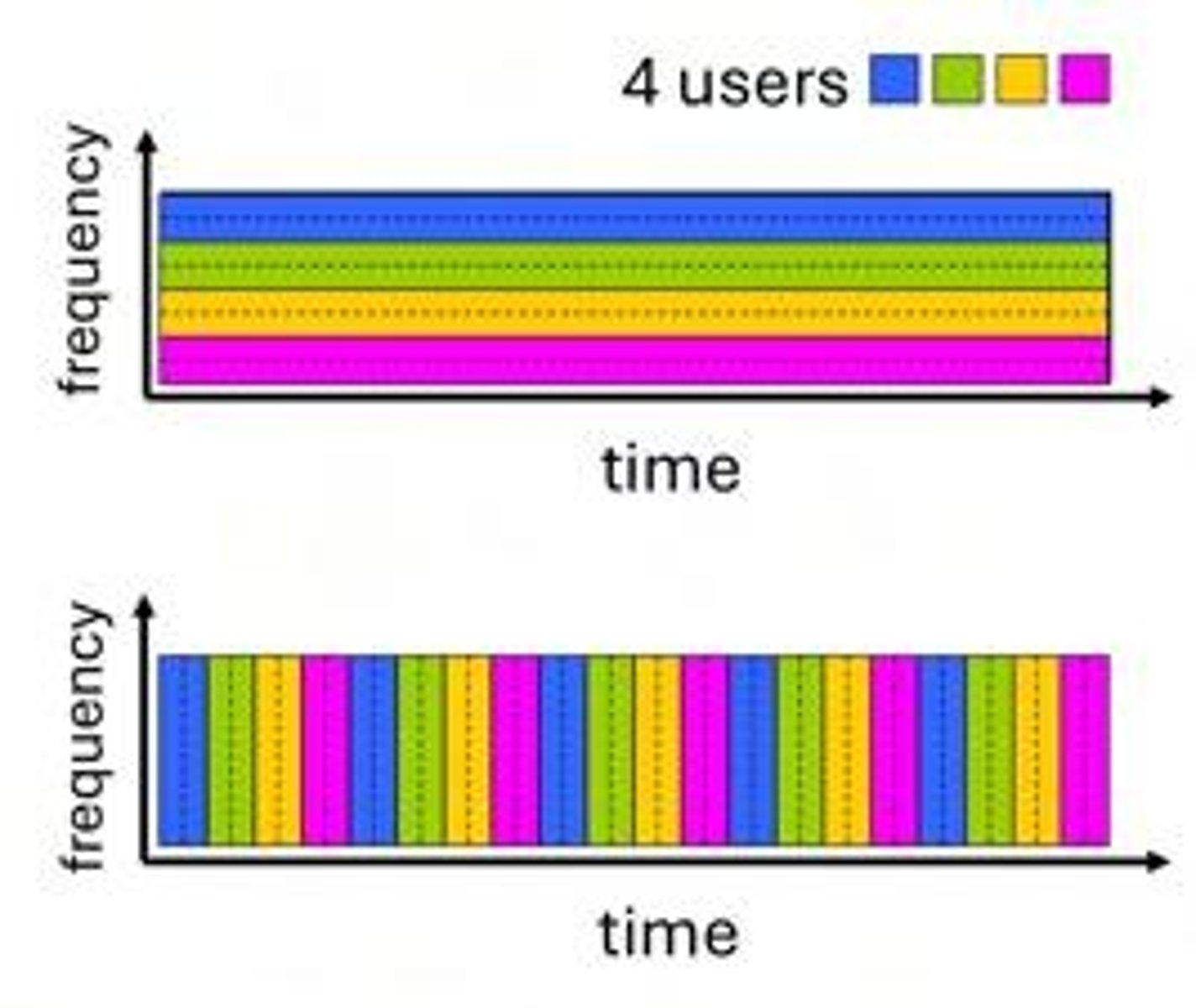
ARP
Address Resolution Protocol for mapping IP to MAC addresses.
Ethernet Switch
Device connecting multiple devices in a network.
Forwarding Table
Table used by routers to direct packets.
Software Defined Networking (SDN)
Network architecture allowing programmable network management.
Flow Table Abstraction
Data structure for managing flows in SDN.
OpenFlow
Protocol for communication between SDN controller and devices.
Network Slicing
Creating multiple virtual networks on a shared infrastructure.
Caching Algorithms
Strategies for storing frequently accessed data.
Content Distribution Network (CDN)
System of distributed servers delivering content to users.
Principle of Locality
Access patterns where recently accessed data is reused.